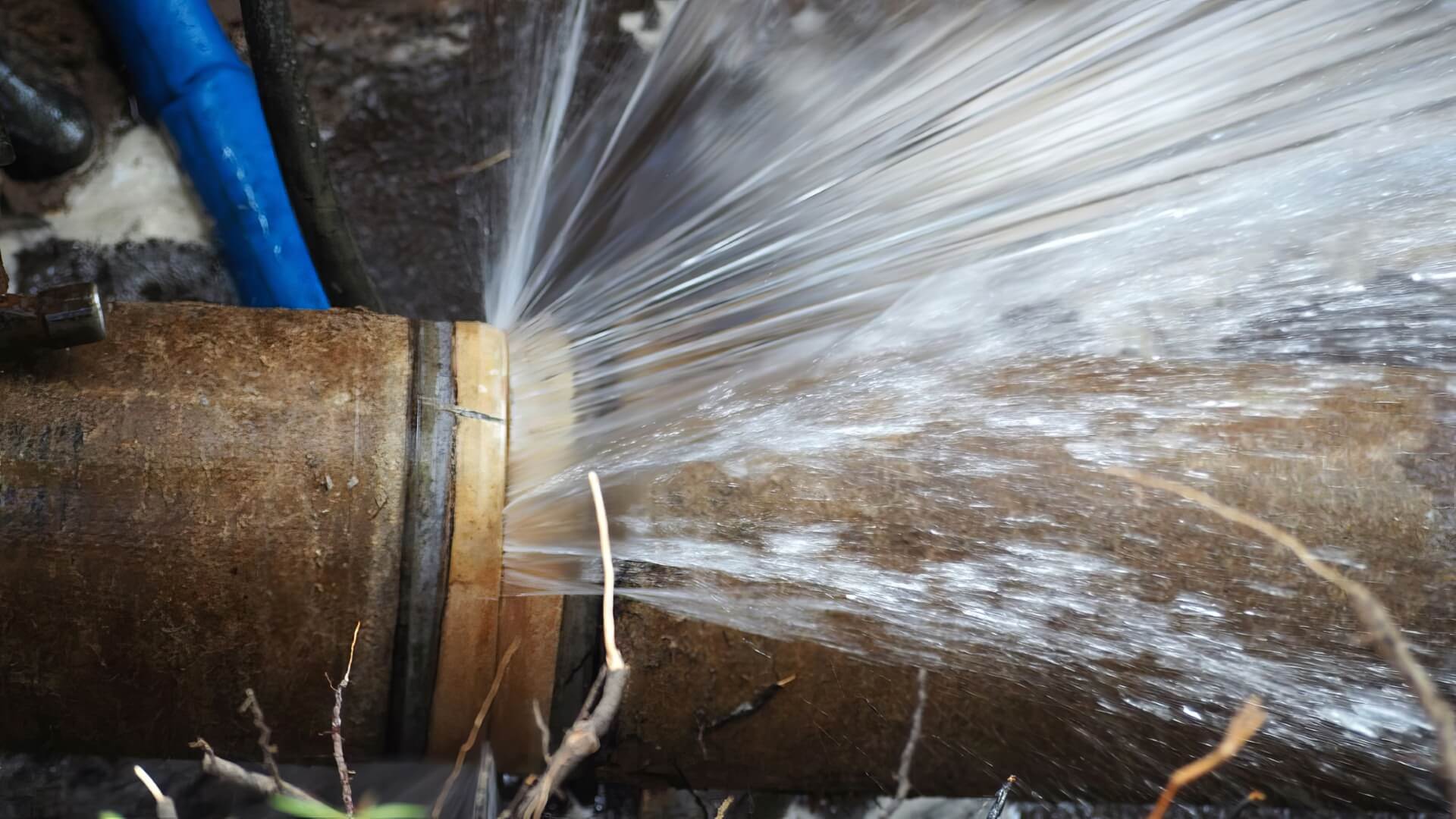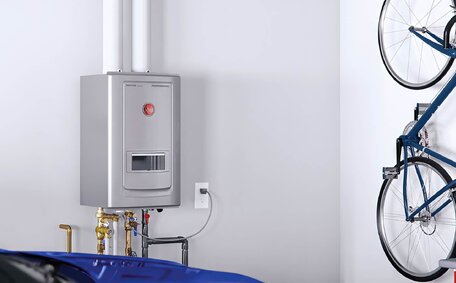Introduction: Understanding Heat Loss in Hot Water Systems
Efficiency of hot water systems is a vital concern for Quakers Hill, Sydney households. With our variable climate, ineffective insulation can lead to substantial heat loss from hot water pipes and tanks. Consequently, energy bills rise as excessive energy is consumed to heat water.
Insulating your system is an effective way to boost efficiency and keep water temperatures stable. By preventing heat loss, insulation keeps water hotter for longer. This means there is less energy required to maintain the desired water temperature, enhancing cost-effectiveness.
This article examines the extensive benefits of insulation for hot water systems. We will detail various insulation materials and offer guidance on insulating pipes and hot water tanks. We’ll also discuss the cost savings and environmental benefits better insulation can provide.
Enhancing your system’s insulation is a straightforward strategy for saving on energy costs, improving home insulation, and decreasing energy use. Continue reading to discover how insulation effectively maintains your water’s temperature and optimises your hot water system’s efficiency.
Types of Pipe and Tank Insulation Materials
You have a range of insulation materials to choose from for hot water system efficiency. Common pipe and tank insulation materials include:
- Polyethylene foam - Polyethylene foam, a common insulation material, is lightweight and flexible. Its ease of installation around pipes and effectiveness in reducing heat conduction are notable.
- Elastomeric foam - Made from synthetic rubber, this flexible foam withstands high temperatures while providing thermal insulation. It’s particularly suitable for insulating pipes.
- Glass wool - Glass wool insulation, available in blanket or batt forms, is crafted from fibrous glass. It’s fire-resistant and works well to insulate hot water tanks.
- Reflective foils - Reflective foil facings can enhance the performance of insulation. The foil reflects heat back into the pipe or tank, further preventing heat loss.
When selecting insulation in Quakers Hill, it’s important to choose a material that complies with the Building Code of Australia (BCA). The BCA outlines regulatory standards for material attributes such as fire safety, thermal efficacy, and durability.
The suitability of insulation material may be influenced by factors such as pipe material and the fuel type used in your hot water system. Our experts can help choose the best insulation products to enhance your hot water system’s performance.
Step-by-Step Guide to Insulating Hot Water Pipes
Insulating your hot water pipes is a straightforward DIY task that can lead to greater efficiency and energy savings. Follow these key steps for properly insulating pipes:
- Select an appropriate insulation material such as polyethylene foam that suits your application and complies with regulations.
- Measure your pipework and cut the insulation accordingly.
- Clean the surface of the pipes to ensure insulation adheres correctly.
- Slide pipe sleeves over the pipe, butting joins closely together.
- Secure insulation with tape or clamps at ends and joins.
- Insulate inlet cold water pipes for at least the first 1 metre from the hot water heater tank.
- Insulate hot water pipes for at least the first 3 metres from the hot water heater.
- Ensure insulation does not extend closer than 150mm to the flue of a gas water heater.
- Avoid compressing insulation, as this reduces effectiveness.
- Seal any external insulation exposed to weather.
Proper pipe insulation effectively traps heat, improves energy efficiency, and reduces waste. It’s an easy way to maximise energy efficiency and minimise costs. Our professionals can recommend optimal insulation products and seamlessly install hot water solutions.
Tips for Insulating Your Hot Water Storage Tank
Insulating your hot water storage tank is highly effective in boosting efficiency and minimising heat loss. Here are some handy tips for getting the best results when insulating your tank:
- Select an insulation material like polyethylene, elastomeric foam, or glass wool for optimal thermal performance.
- Measure the surface area of your tank to determine how much insulation you need to cover it completely.
- Clean tank surfaces so insulation adheres properly - remove any dirt or rust.
- Wrap insulation around your heater tank without gaps, sealing joints with tape.
- For electric tanks, don’t cover thermostat or heating elements.
- For gas tanks, keep insulation at least 150mm from the flue.
- Consider adding a reflective foil or radiant barrier over the insulation.
- Use insulation rated for high temperatures as per tank manufacturer recommendations.
- Consider a tank wrap system for easiest installation.
Properly insulating your hot water system brings peace of mind as it is amongst the most effective methods to retain heat, reducing the energy required for water heating, and lowering electricity or gas bills over time. Our team of plumbers can advise on suitable insulation products and install them correctly, making your hot water system most efficient, offering you peace of mind.
The Cost Savings and Energy Efficiency Benefits
Insulating your hot water system can result in significant cost and energy savings, improving overall energy efficiency. Without insulation, up to 40% of the energy used to heat water can be lost, which is why insulated water systems are vital. This equates to over $185 per year in potential savings for the average Australian household.
Insulating your water pipes and tank prevents this waste by trapping heat. The hot water stays hotter for longer before reaching taps, ensuring it will come out at the ideal temperature with less energy required to maintain it. Insulated pipes can maintain water temperature, reducing the need for high heater settings.
Some key statistics on the benefits of hot water insulation:
- Insulating the first 3 metres of hot water pipework can reduce heat loss by up to 75%
- Tank insulation can cut heat loss by 90%, saving around 600kWh per year
- Lowering your water heater’s temperature by 10C can save up to 10% on water heating costs
Insulation retains heat within your hot water system, enhancing operational efficiency. This saves you money over time, while also reducing energy use and carbon emissions - a win for both your hip pocket and the environment.
Our Quakers Hill plumbing team can evaluate and recommend insulation measures to boost your system’s efficiency. Investing in insulation helps future-proof your system against rising energy prices while making your household more sustainable.
Professional Insulation Services for Commercial Systems
For businesses and organisations with large-scale hot water usage, proper insulation is crucial for maximising efficiency and addressing climate change concerns. At Quakers Hill Plumbing, we specialise in insulating commercial hot water systems to reduce heat loss, save on energy bills and lower your carbon footprint.
Our team can provide an on-site assessment of your current hot water system to identify areas lacking sufficient insulation. We will recommend the ideal insulation products and techniques tailored to your unique needs.
For larger systems, we often recommend installing high-performance removable insulation jackets around tanks and pipes. These custom-fitted jackets retain heat effectively and allow for easy maintenance access.
For inaccessible pipework, we can insulate on-site using materials like elastomeric foam that bonds directly to the pipes. We’ll ensure insulation meets the relevant standards, like keeping a safe distance from flues on gas systems.
Efficient insulation on commercial hot water systems leads to significant cost savings through improved efficiency. You’ll reduce ongoing expenditure on water heating while also demonstrating environmental responsibility.
To explore insulation solutions for your business or organisation, contact the team at Quakers Hill Plumbing today. We’ll gladly offer quotations for the supply and expert installation of hot water insulation to enhance system performance.
Additional Tips for Improving Hot Water System Efficiency
Beyond insulation, there are several other ways homeowners in Quakers Hill can improve the efficiency of their hot water systems to save on energy costs and reduce environmental impact:
Regular Maintenance
Regular maintenance ensures your hot water system maintains peak performance and efficiency. A plumber can inspect the system, flush out sediment, and ensure components like heating elements and thermostats are working correctly. Addressing minor repairs during maintenance can avert larger problems in the future.
Upgrade to a New Model
If your system is over 10 years old, upgrading to a newer, more efficient model can lead to substantial savings. Contemporary water heaters with improved insulation and heat exchangers reduce heat loss to the environment. New heat pump or solar models are also much more energy efficient.
Install a Timer
Adding a timer allows you to schedule water heating for specific periods when hot water demand is highest. This avoids wasting energy heating water at night or other times when its unlikely to be used.
Insulate Pipes
As discussed earlier, insulating exposed hot water pipes prevents waste through heat loss. Installing foam pipe insulation is a cost-effective way to improve your hot water pipes’ insulation.
Lower the Thermostat
Turning down your water heaters thermostat even a few degrees will reduce energy usage. Insulated pipes allow you to lower the temperature while still getting suitably hot water from taps.
Use Renewable Energy
Solar, heat pump, or geothermal systems use renewable energy from the sun or ground. While having higher upfront costs, they’ll save money long-term on electricity bills. They also have environmental benefits.






